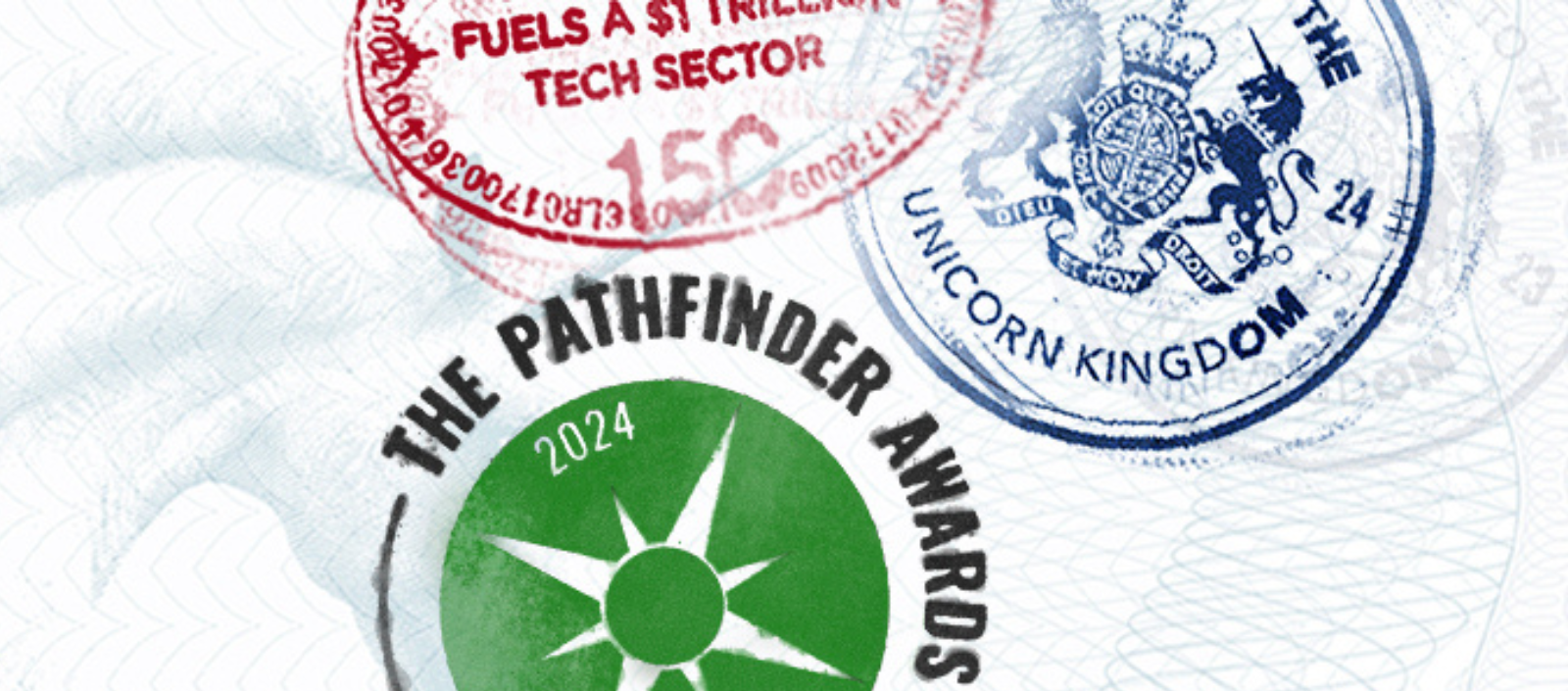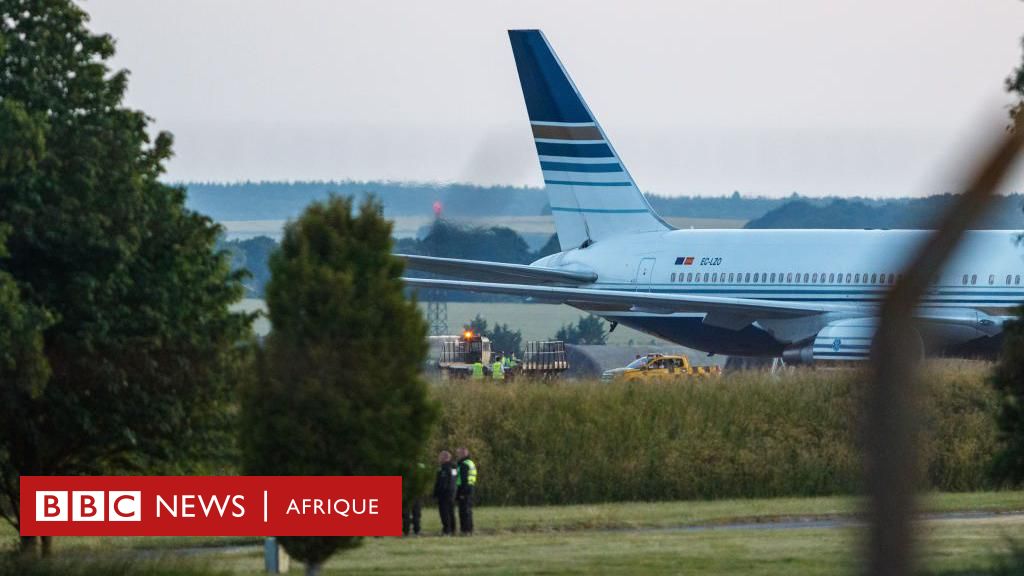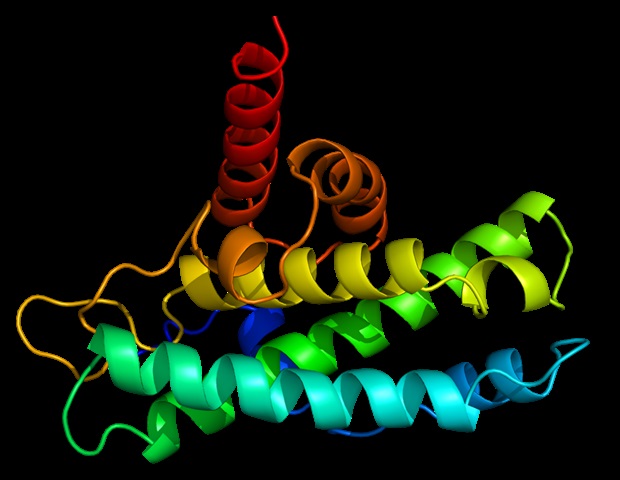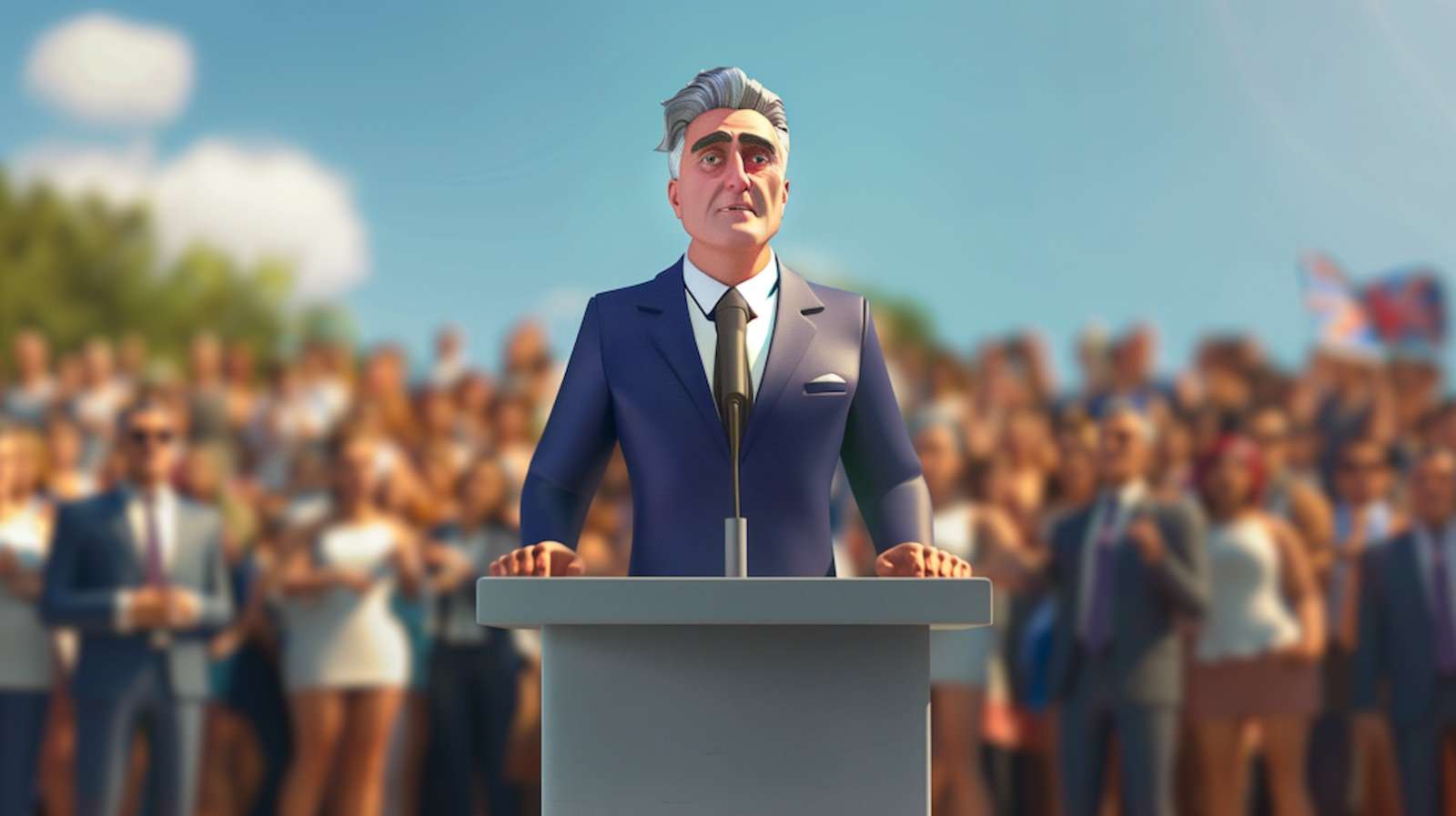© Pylons Above Norfolk, 2084. Image presented by WWF as part of the Future of Nature exhibition
show summary
Hide summary
Climate change is one of the most pressing issues of our time. Greenhouse gas emissions caused by human activities They have caused an increase in the average temperature of the planet, causing extreme weather events, melting ice, rising sea levels and loss of biodiversity.
Artificial intelligence predicts a bleak future
This is more or less the picture that the most advanced AI tools paint when asked to imagine what planet Earth will be like in 10, 30, or 100 years. WWF went even further by calling for imaging tools like Midjourney to put into images this future in which nature suffocates. The NGO focused on the landscapes of a country whose fauna and flora are already greatly threatened by climate change: the United Kingdom.
Although home to unique mixes of plants and animals, the UK has lost 70% of its ancient forests. What little is left faces multiple threats, including hotter and drier summers brought on by the climate crisis.
To sharpen the contrast between what we know and this probable future, WWF asked the tool to produce visual effects inspired by the school of British romanticism. Naturally, he drew on the work of well-known artists in the field, including John Constable and Charlotte Nasmyth.
Read
The winner of a photography contest rejects his prize: his photo was generated by an AI
For centuries our artists have celebrated nature in the UK. These wild islets have been romanticized and glorified as grazing lands where abundant wildlife lived in harmony with humans. If that was ever the case, it certainly isn’t today.
WWF Association
An exhibition “Future of Nature” to attract attention
Through this series of paintings that can be discovered through an online exhibition called “Future of Nature”, WWF wants to encourage Internet users to question the future of the planet and the place of nature in the world of tomorrow. Because if the tables are virtual, the data on which they are based is very scientific : Descriptions are based on data from projection algorithms into which multiple environment-related data have been fed.

Infrastructure development has been instrumental in the loss of 97% of UK lowland grasslands since the 1930s, threatening the survival of several hundred plant and animal species that live in these habitats.
It is therefore not by chance that in the background of these virtual paintings critical themes such as famines, air pollution, natural and climatic disasters or even the disappearance of animal species are mixed, with desert landscapes devoid of all life. Who wants a future for their children where fires, floods and droughts are part of everyday life?
Only an emergency for Man: act!
In the face of this crisis, it is essential that we take concrete measures to reduce our carbon footprint and mitigate the effects of climate change. This may include adopting sustainable agricultural practices, such as agroforestry and water management, promoting the transition to renewable energy sources and improving energy efficiency, as well as implementing policies aimed at reducing greenhouse gas emissions. greenhouse gases and support the adaptation of the most vulnerable populations.
Read
Repairing spacecraft takeoff damage will take several months, says SpaceX

Intensive farming has transformed Britain’s landscape, radically degrading our once-rich soils and releasing vast amounts of carbon into the atmosphere. In addition, this type of agriculture has contributed greatly to the decline of more than 50% of the bird population on farmland since 1970.
Ultimately, the impact of climate change is not limited to a single region or a single country, but affects all living things on the planet. we all have to working together to reduce greenhouse gas emissions and preserve our environment for future generations. All hope is not lost, according to the NGO, which comments thus, to conclude:
It’s always up to us and with your support we can bring British nature back to life.
WWF

“Total social media fan. Travel maven. Evil coffee nerd. Extreme zombie specialist. Wannabe baconaholic. Organizer.”







